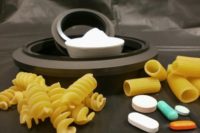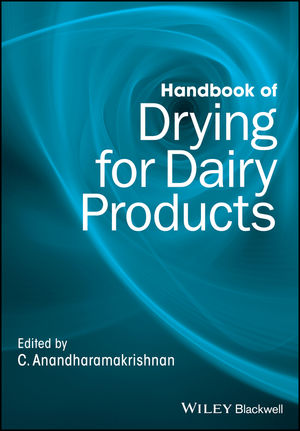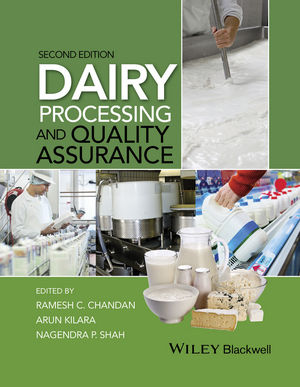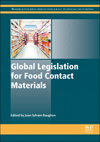The 2019 National Committee Interstate Milk Shippers (NCIMS) conference was held April 26 through May 1, 2019, in St. Louis. The NCIMS delegates worked diligently to align the Pasteurized Milk Ordinance (PMO) Appendix T with the FDA Preventive Controls for Human Food rule for those plants manufacturing both Grade A and non-Grade A products. The HACCP Implementation Committee was asked to standardize the PMO Appendix K and Appendix T eliminating the 21 CFR 117 … citation and replacing it with specific verbiage from the PMO Appendix T.
The NCIMS delegates voted to revise and continue the pilot program for FDA inspections for those facilities that manufacture both Grade A and non-Grade A products. This pilot program will be overseen by the NCIMS committee in conjunction with FDA. The committee is to work cooperatively with FDA to develop a pilot program to establish a framework to define efficient inspection activities that can be implemented by FDA and participating states for facilities that manufacture both Grade A and non-Grade A products.
Inspectional model considerations
In developing the details of the inspectional model(s), the assigned committee must consider the regulatory authorities of state agencies, the eligibility criteria for pilot consideration, the types of non-Grade A products manufactured in dual-grade facilities, the resource needs and hurdles likely to be encountered, and the methods for evaluating success. When implemented, the pilot program will meet the agency’s commitment to the NCIMS of identifying additional ways to maximize state and federal resources, creating efficiencies through its obligations under the FDA’s Food Safety Modernization Act while maintaining the high safety of the U.S. milk supply.
Proposals passed, amended
Delegates also passed a proposal that will allow state rating agencies to conduct Preventive Controls for Human Food (PCHF) inspections upon agreement with FDA. Those states electing to conduct PCHF inspections/audits must have the ability to enforce corrective actions for facilities found noncompliant with the PCHF rule.
Proposal JC-1 passed as amended, giving plants that have been determined not to be in substantial compliance with Appendix T through an FDA check rating as many as two re-inspections via state ratings prior to being delisted.
The first state rating re-inspection must occur within 60 days of the FDA check rating; if the plant is determined noncompliant by the first state rating re-inspection, then another 60-day window will be observed prior to the second and final state rating for compliance. Plants found noncompliant after the second re-inspection will be removed from the Interstate Milk Shippers (IMS) list.
If a re-inspection/re-audit is required following a Public Health Service (PHS)/FDA check rating/audit or a state rating/audit because the milk plant is not in substantial compliance with Appendix T and, if the milk plant, upon re-inspection, is determined to be in substantial compliance with Appendix T, the milk plant must achieve a sanitation compliance rating of 90% or higher on the re-inspection or receive an acceptable listing audit for NCIMS HACCP milk plants on the re-audit to be eligible to be on the IMS list.
Proposal 308 was adopted as amended and recognizes the PHS/FDA training for milk specialists on Appendix T and an abbreviated HACCP implementation training course approved by the International HACCP Alliance as adequate.
FDA has not officially re-released IMS-a-52, so final verbiage of the proposals that passed the NCIMS conference is not yet available. Facts for this report have been obtained from NCIMS proposals, the International Dairy Foods Association’s 2019 NCIMS Outcomes and regulatory interviews.





